The Power of Saying ‘No’: Unlocking Your Fitness Potential

As a personal trainer, I’ve observed that many clients struggle to achieve their fitness goals because they find it challenging to say ‘no’ to various situations that hinder their progress. Whether it’s attending mid-week social events, sacrificing sleep, or succumbing to high-stress situations, saying ‘yes’ all the time can have detrimental effects on your weight loss, hunger levels, muscle building, and overall recovery. We will explore the science behind saying yes to these situations that will cause late nights, sleep deprivation, stress, and how they impact your fitness journey. By learning to say ‘no,’ you can prioritise your health and supercharge your progress.
Late Nights and Sleep Deprivation:
Late nights disrupt your body’s natural circadian rhythm, leading to sleep deprivation. Lack of sleep affects various hormonal and physiological processes, significantly impacting your weight loss and hunger levels.
a. Hormonal Imbalance: Sleep deprivation alters hormone production, primarily affecting two key hormones involved in appetite regulation—ghrelin and leptin. Ghrelin, the hunger hormone, increases, making you feel hungrier and increasing the likelihood of overeating. At the same time, leptin, the satiety hormone, decreases, leading to reduced feelings of fullness.
b. Cravings and Food Choices: Sleep deprivation triggers cravings for high-calorie, high-sugar foods, leading to poor food choices. These cravings, combined with increased hunger, can derail your weight loss efforts and hinder your ability to build muscle.
c. Metabolism and Fat Storage: Insufficient sleep disrupts your metabolism, affecting how your body processes and stores fat. Studies have shown that sleep-deprived individuals tend to have slower metabolisms and an increased tendency to store fat, particularly in the abdominal region.
Stress and its Impact on Fitness:
Saying ‘yes’ to stressful situations can significantly hinder your progress, making it essential to prioritise stress management and learn to say ‘no’ when needed.
a. Cortisol and Fat Storage: Stress triggers the release of cortisol, a hormone associated with fat storage, particularly around the midsection. Elevated cortisol levels can make it harder to lose weight and build muscle, as excess cortisol promotes muscle breakdown.
b. Impaired Recovery: High-stress levels inhibit recovery by interfering with muscle repair and growth. When you consistently say ‘yes’ to stressful situations, your body may struggle to adapt and rebuild, leading to compromised progress and increased risk of injury.
c. Lack of Focus and Motivation: Stress and overwhelm can sap your mental energy, leaving you less focused and motivated for your workouts. This can lead to suboptimal training sessions and hinder your ability to achieve your fitness goals.
Prioritising Rest and Recovery:
Apart from sleep and stress management, there are other areas where saying ‘no’ can be highly beneficial to your progress.
a. Overtraining and Injury Risk: Overcommitting to a high frequency of intense workouts without adequate rest can lead to overtraining, which manifests as fatigue, decreased performance, and increased risk of injury. By learning to say ‘no’ to and extra training sessions or classes where the intensity cannot be controlled or regulated or incorporating rest days, you give your body the chance to recover and grow stronger. This is commonly seen in athletes and individuals who enjoy sport, remember more is not always better, quality and consistency is always better.
b. Nutritional Choices: Saying ‘no’ to unhealthy food options and temptations can support your weight loss goals. By making mindful choices, you nourish your body with nutrient-dense foods that enhance recovery and provide the necessary fuel for optimal performance. Individuals might say, but my friend came round with cake and I couldn’t say no. Yes you can say no!
c. Time Management: Saying ‘no’ to non-essential commitments or distractions allows you to prioritise your training and self-care routines. By creating boundaries and carving out dedicated time for exercise and recovery, you improve consistency and create an environment conducive to progress.
Learning to say ‘no’ is an essential skill on your fitness journey and progress.


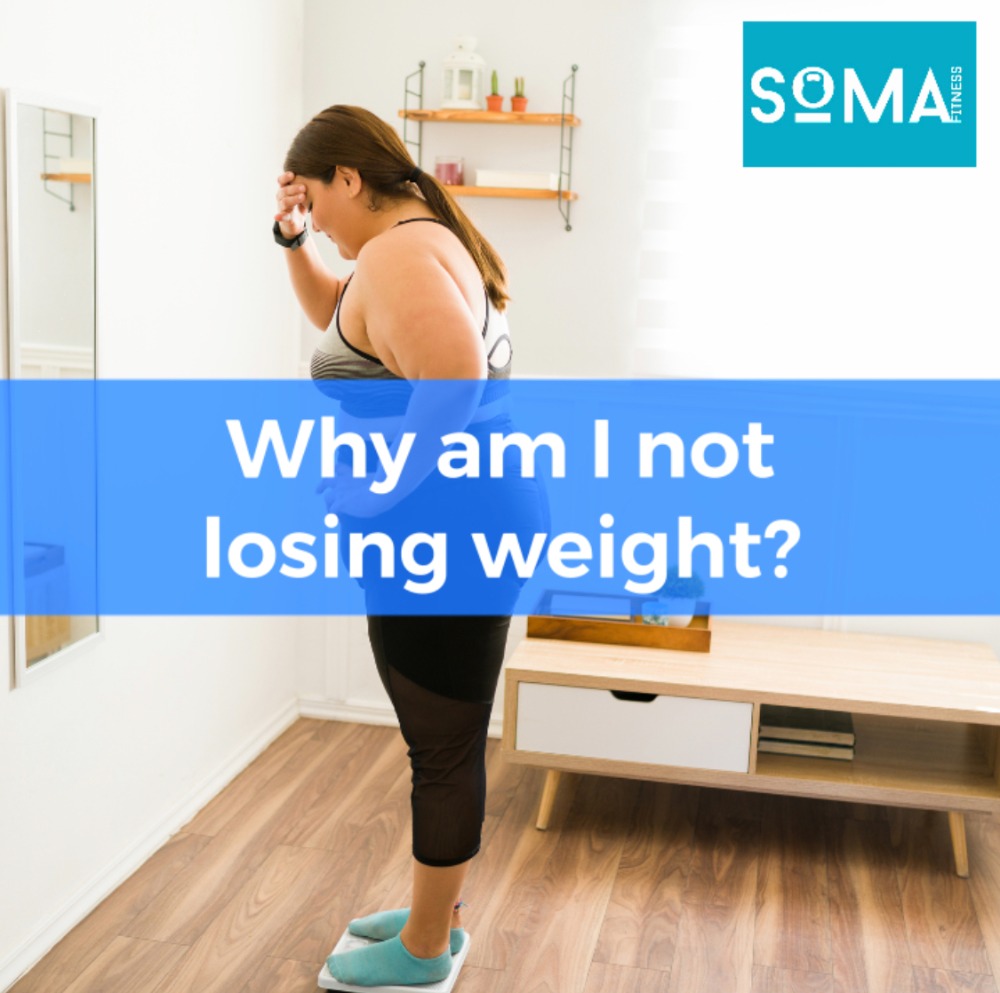
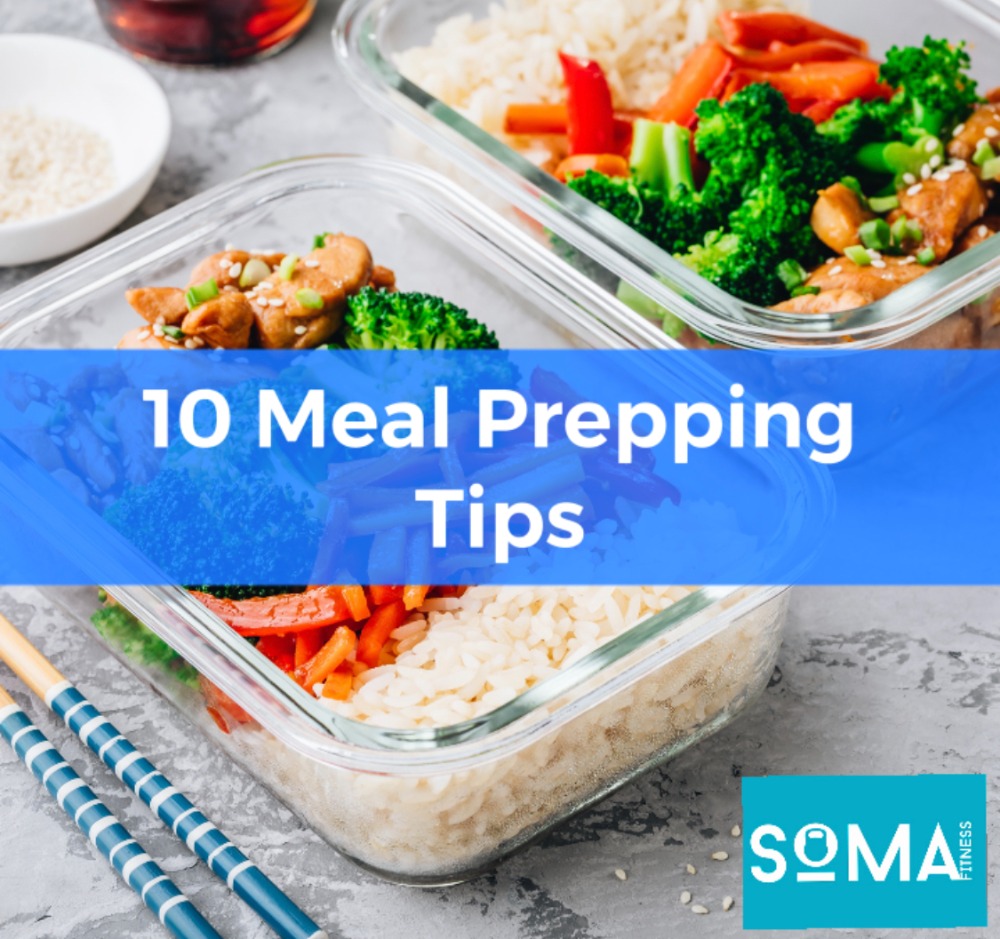
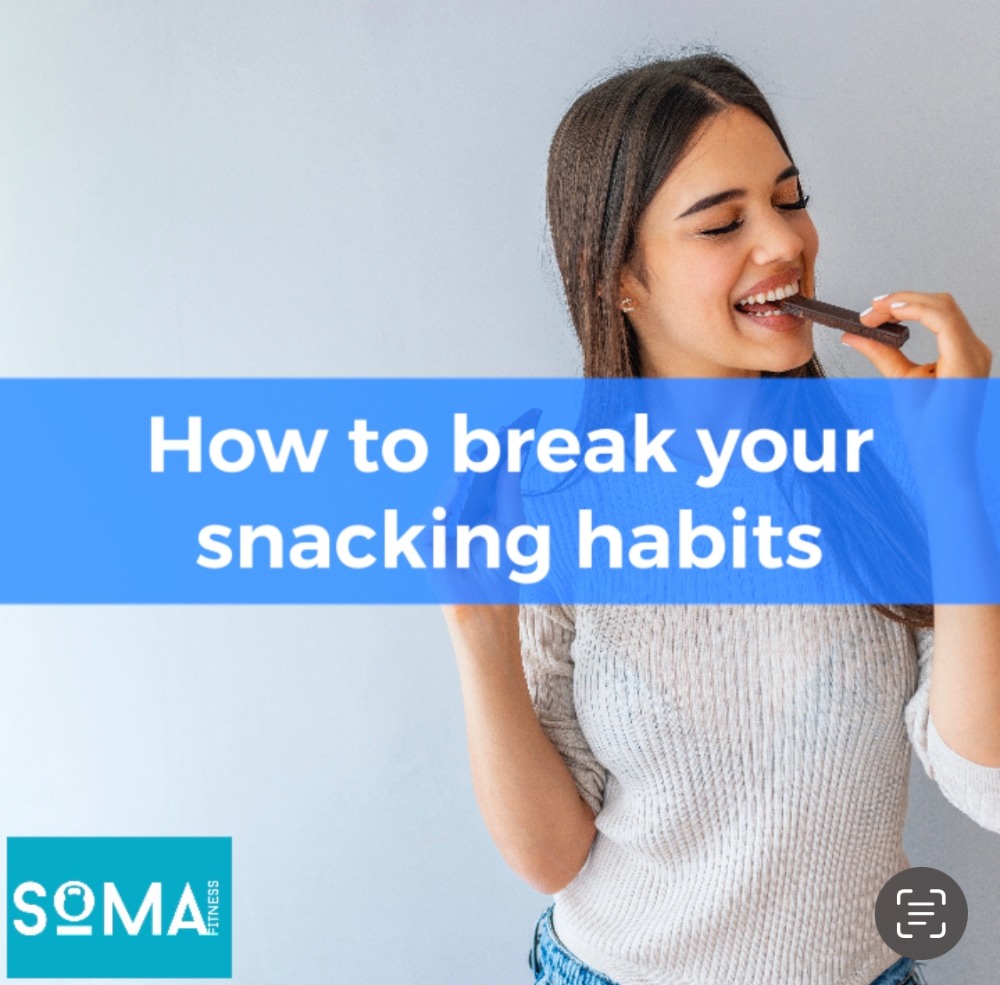

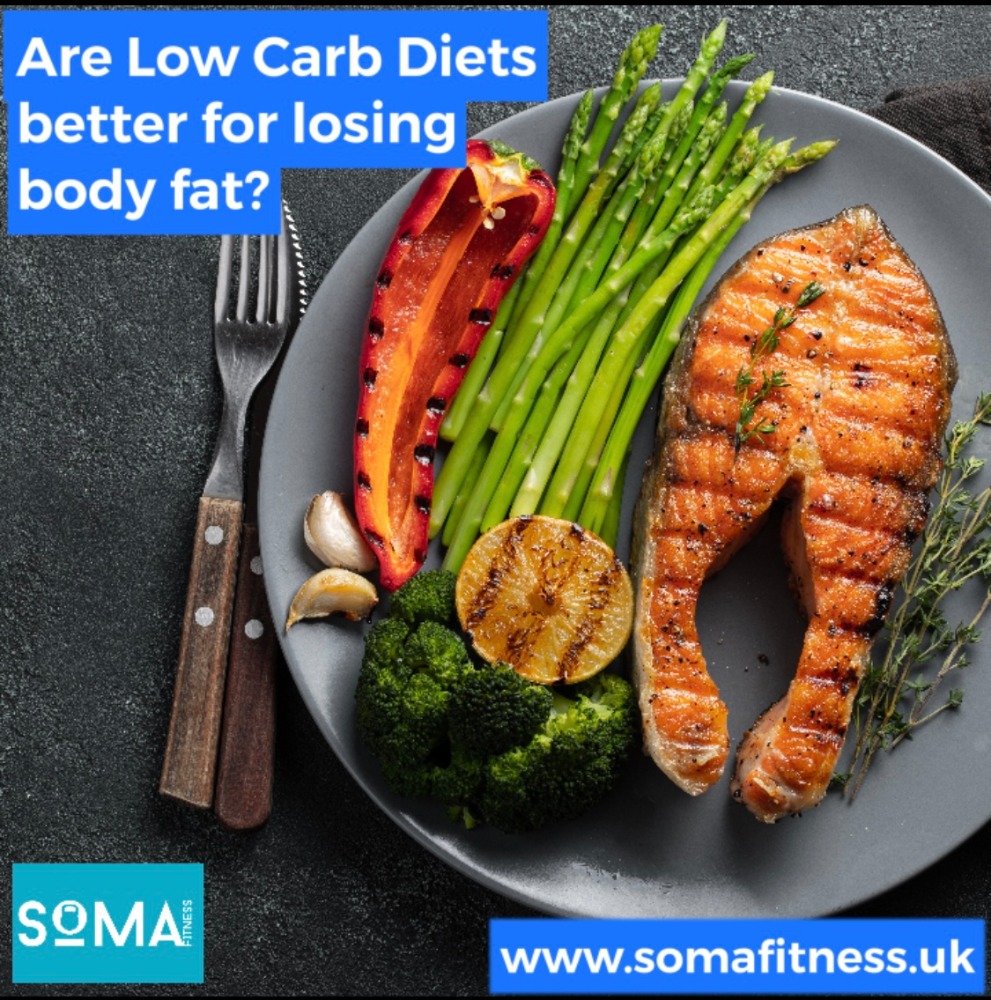
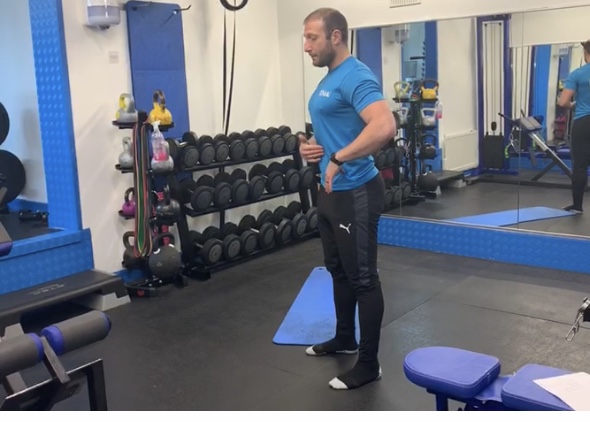

Recent Comments